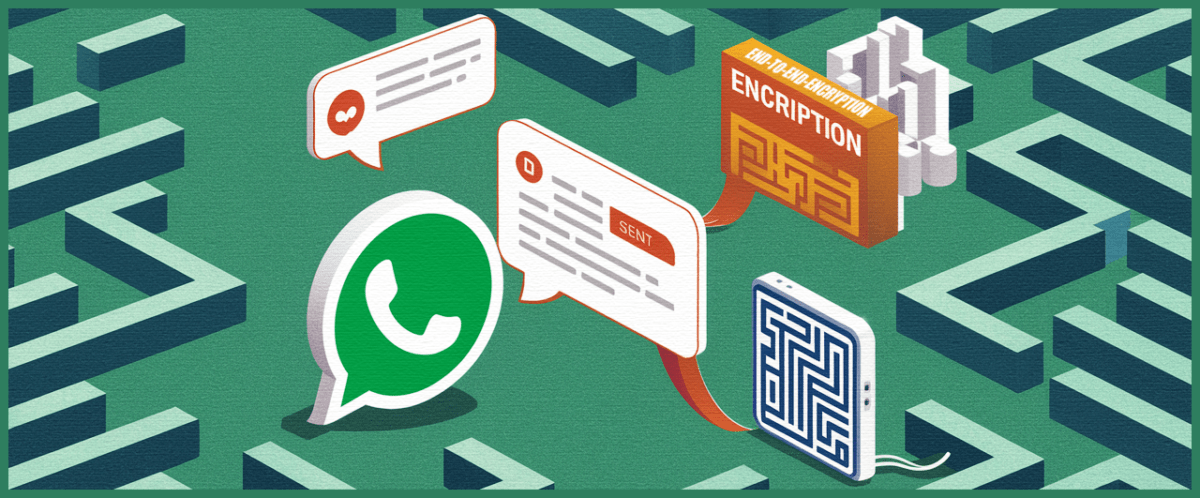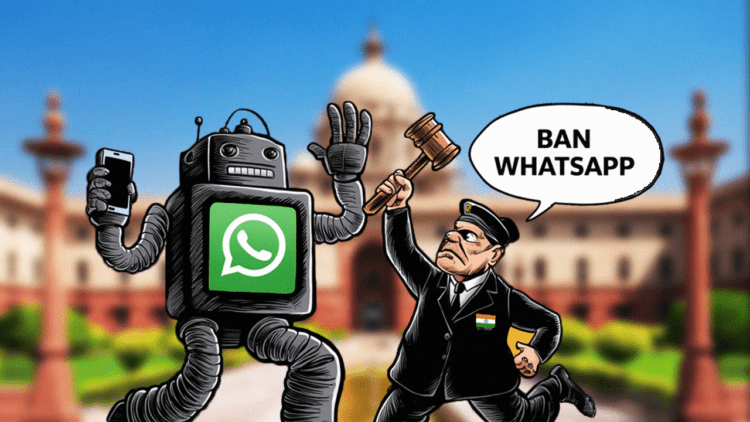Related Post
According to recent news, WhatsApp is about to cease its operations in India.
The recent news of WhatsApp shutting down in India has left people in complete shock. But the IT minister Ashwini Vaishnav mentioned in the question asked in the Rajya Sabha that there has been no official announcement by WhatsApp or its parent company Meta on the ceasing operation of WhatsApp in India. On July 26, a member of the Congress party, Vivek Tankha, raised a question in the Rajya Sabha meeting about whether WhatsApp will cease its operation in India because of the government’s privacy concerns about the user under 69A of Information Technology.
In a written response to IT Minister Ashwini Vaishnav, he stated that the Ministry of Electronics and Information Technology (MeitY) has not made any announcement or given any information on shutting down the service of WhatsApp in India.
The legal battle between the Indian government and WhatsApp has started again. It first started when the Indian government introduced its new IT rules in 2021. The main concern of the rule was different social media platforms.
The rule mentioned that social media platforms like WhatsApp will identify the first creator of information in case it’s required by the legal authorities. To prevent the spread of misinformation and find the originator of the misfortune. But WhatsApp refused to cooperate with the Indian government on the implications of this rule. WhatsApp and its parent company, Meta, believed that it was an invasion of users’ privacy.
What was the response of WhatsApp to the 2021 IT rules introduced by the Indian government?
The rules state that social media platforms like WhatsApp will help the legal authorities find the first originator of misinformation in case of any misfortune. In response to this, WhatsApp respectfully declined the demand of the Indian government. Finding the originator of the information means invading the conversation of the users, which is against the privacy policies of WhatsApp. The end-to-end encryption says that only the sender and recipient will be able to read the messages sent or received by them. Not even WhatsApp will be able to have access to the conversation. This rule is applied by WhatsApp to secure the privacy of its users and provide security. However, the demand of the Indian government, with the introduction of IT rules in 2021, is that tracing the first originator means invading the privacy of social media platform users. But WhatsApp refused to break its end-to-end encryption policy. As it would break the trust of users. WhatsApp also pleaded in the Delhi High Court about the situation. The legal representative of WhatsApp stated utterly to the Delhi High Court that if WhatsApp were forced to implicate this rule, it would rather cease its operation in India than implicate rules that would harm the user’s privacy and security.
WhatsApp also pleaded in the Delhi High Court about the situation. The legal representative of WhatsApp stated utterly to the Delhi High Court that if WhatsApp were forced to implicate this rule, it would rather cease its operation in India than implicate rules that would harm the user’s privacy and security.












